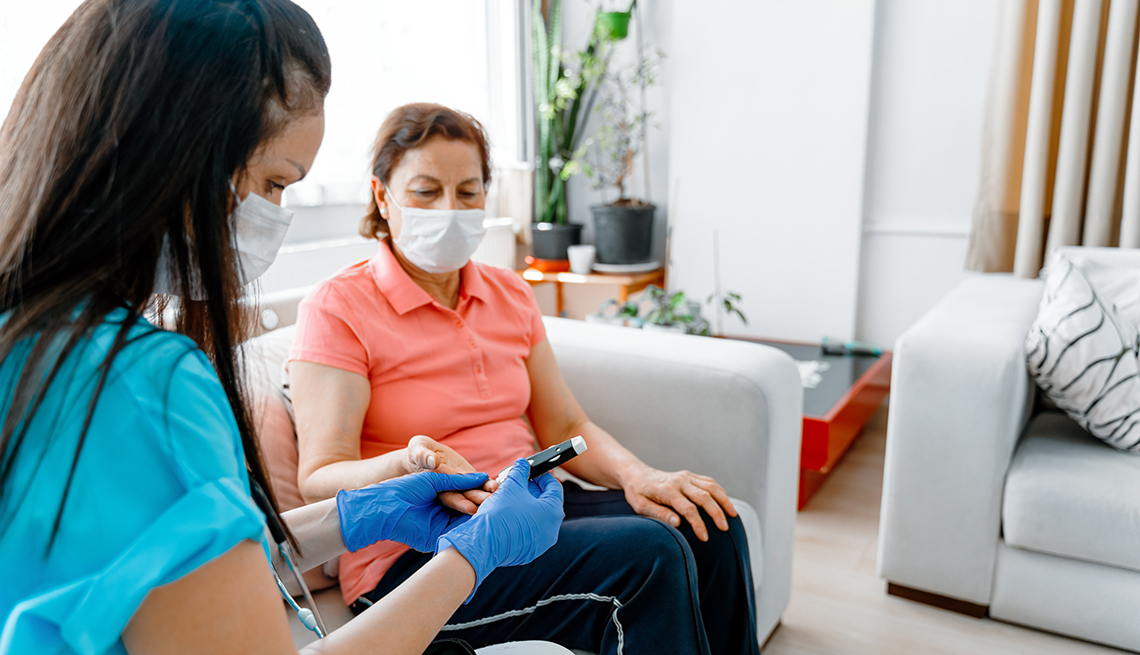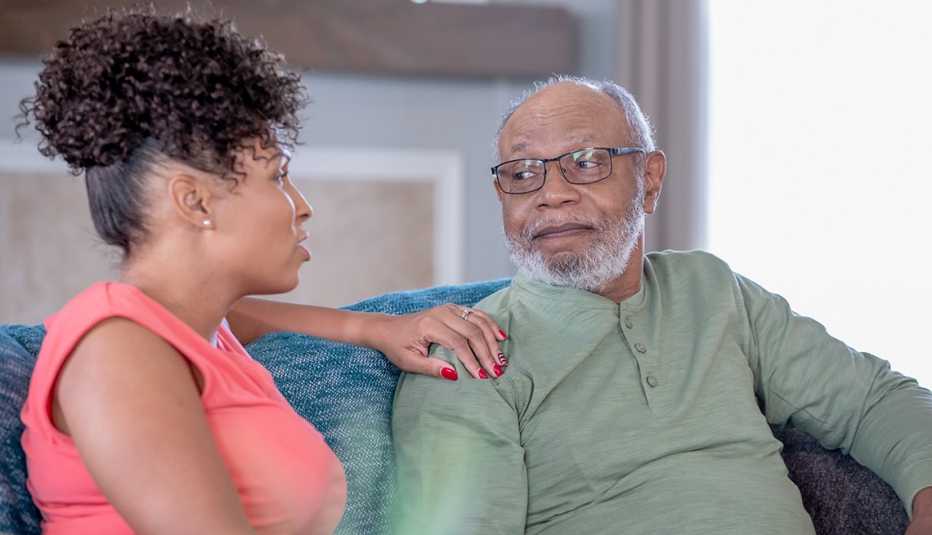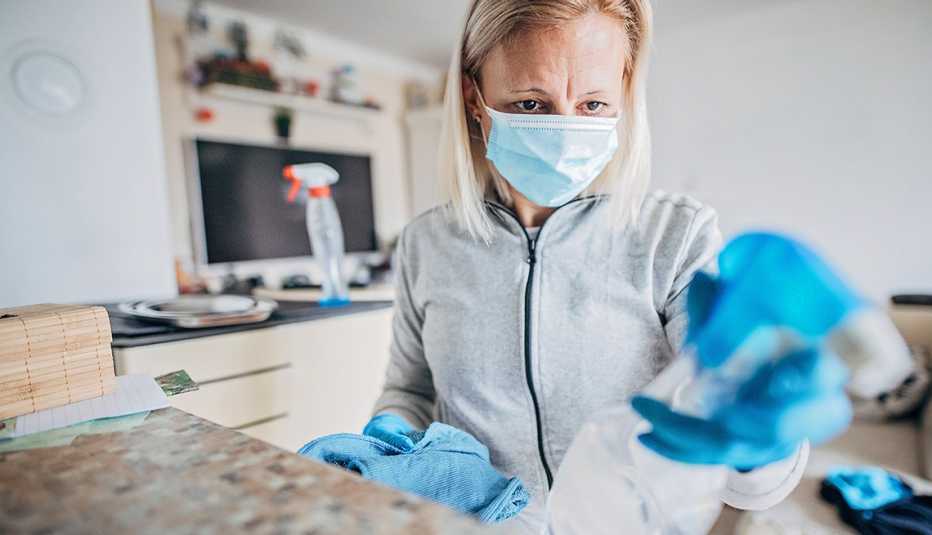Staying Fit
En español | Around 12 million Americans who are infirm, chronically ill or have a disability depend on some form of in-home care each year, according to the National Association for Home Care and Hospice (NAHC). Many are older and have underlying medical conditions, placing them in the Centers for Disease Control and Prevention's (CDC) high-risk category for severe illness or death if they contract COVID-19.
For those individuals and their loved ones or representatives, inviting help into the home at a time when the highly communicable coronavirus continues to spread can be frightening. Especially when common in-home care tasks — such as bathing, grooming and feeding — require close contact that runs afoul of social distancing guidance.


AARP Membership— $12 for your first year when you sign up for Automatic Renewal
Get instant access to members-only products and hundreds of discounts, a free second membership, and a subscription to AARP the Magazine.
But getting up-to-date information on your in-home care can help you mitigate risks, feel confident in your choices, and lead to better care during this trying time.
"Asking questions is critical,” says AARP's Robert Stephen, vice president of health security programming, “because not only are you making sure your loved one is being properly cared for, but you're also pushing agencies, who may not be doing the right thing, to adapt. It's really what you need to do as your loved one's advocate."
Here's a list of key questions to ask your nurse, aide or agency during the pandemic, prior to welcoming them into your home. (We have other lists of questions for nursing homes and assisted living facilities.) Use this opportunity to establish some ground rules, too, advises AARP's Bill Sweeney, senior vice president of government affairs. One could be that everyone in the house must wear a mask at all times, or that the windows must remain open throughout the visit. “You'll have your own ground rules, and they'll have theirs,” says Sweeney. “Make sure everyone's clear on what's going to happen before opening the door."
Also know where to turn if your ground rules aren't followed or if your care isn't up to scratch. Most agencies, whether privately or publicly funded, will have a help line you can call to share concerns or file a complaint, says AARP's Elaine Ryan, vice president for state advocacy and strategy integration. She recommends asking for that number prior to setting up home visits.
If the agency isn't helpful, turn to your state's department of health. These agencies license and regulate home health care and investigate complaints. If you're having trouble contacting the department of health, your state's long-term care ombudsmen may be able to help.
1. What care is necessary right now?
Although the decision to use in-home care during COVID-19 is a personal one, dependent on many factors, it's worth discussing with your agency or aide whether their visits are essential right now.
For many, care is essential and refusing it is not an option, says NAHC President William A. Dombi. “Remember, the reason health care workers are going into people's homes is because those people need care,” he says. “And those needs are still there in spite of the pandemic. If they don't get the care they need, they may end up in the ER, and that's not the place for them to be right now.”
Brent Korte, chief home care officer of EvergreenHealth Home Care in Washington state, says his team is constantly assessing which in-person home visits are “clinically essential” and whether care can be provided virtually in between essential visits. “Videocalls, or in some cases even telephone calls, can be very effective,” he says. For example, his chaplain team has successfully used phone and videoconferences to provide remote spiritual care to hospice patients.
But “it's a very case-by-case situation with many considerations involved,” he says, noting that complex wound care and physical therapy after a surgery are treatments that require in-person, hands-on visits.



































































